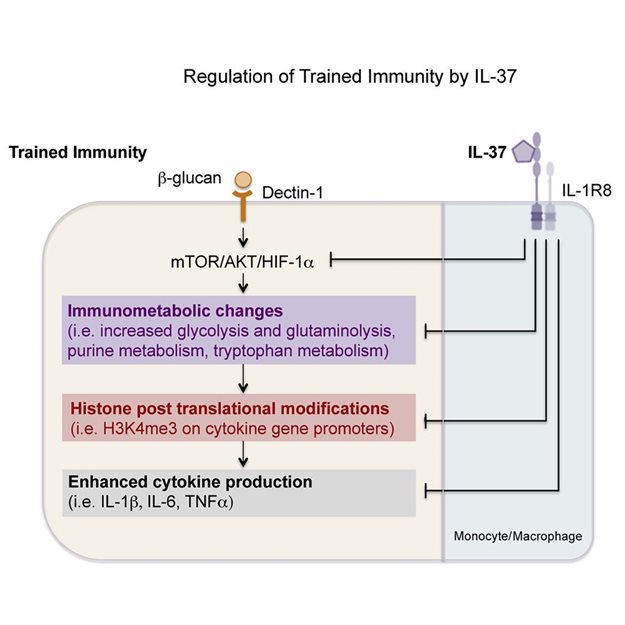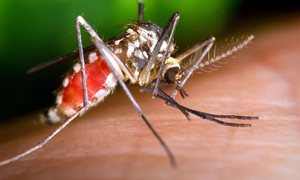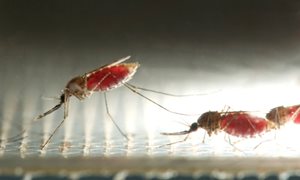
Charles Dinarello and Mihai Netea, theme Infectious diseases and global health and colleagues published in Cell reports that the anti-inflammatory cytokine interleukin-37 is an inhibitor of trained immunity.
Trained immunity (TI) is a de facto innate immune memory program induced in monocytes/macrophages by exposure to pathogens or vaccines, which evolved as protection against infections.
TI is characterized by immunometabolic changes and histone post-translational modifications, which enhance production of pro-inflammatory cytokines. As aberrant activation of TI is implicated in inflammatory diseases, tight regulation is critical; however, the mechanisms responsible for this modulation remain elusive. Interleukin-37 (IL-37) is an anti-inflammatory cytokine that curbs inflammation and modulates metabolic pathways.
In this study, the authors show that administration of recombinant IL-37 abrogates the protective effects of TI in vivo, as revealed by reduced host pro-inflammatory responses and survival to disseminated candidiasis. Mechanistically, IL-37 reverses the immunometabolic changes and histone post-translational modifications characteristic of TI in monocytes, thus suppressing cytokine production in response to infection. IL-37 thereby emerges as an inhibitor of TI and as a potential therapeutic target in immune-mediated pathologies.
Related news items

Grants for research on magnesium deficiency and malaria Vidis for Felix Hol and Jeroen de Baaij
1 July 2022 Radboudumc researchers Jeroen de Baaij and Felix Hol both receive an NWO Vidi grant for their research, respectively on magnesium deficiency in type 2 diabetes and on malaria. go to page
Field research on malaria vaccine offers unexpected surprise
23 May 2022Field research on the effectiveness of a malaria vaccine, came up with unexpected results for an international group of researchers including Benjamin Mordmüller of Radboudumc. The vaccine evokes a broader response against malaria proteins than there are in the vaccine.
go to page
Rubicon grants awarded to three RIMLS researchers
19 April 2022Three researchers have received Rubicon funding from NWO/ZonMw. This will enable Elke Muntjewerff, Laura de Vries and Laurens van de Wiel to do research at a foreign research institute for the next two years.
go to page


